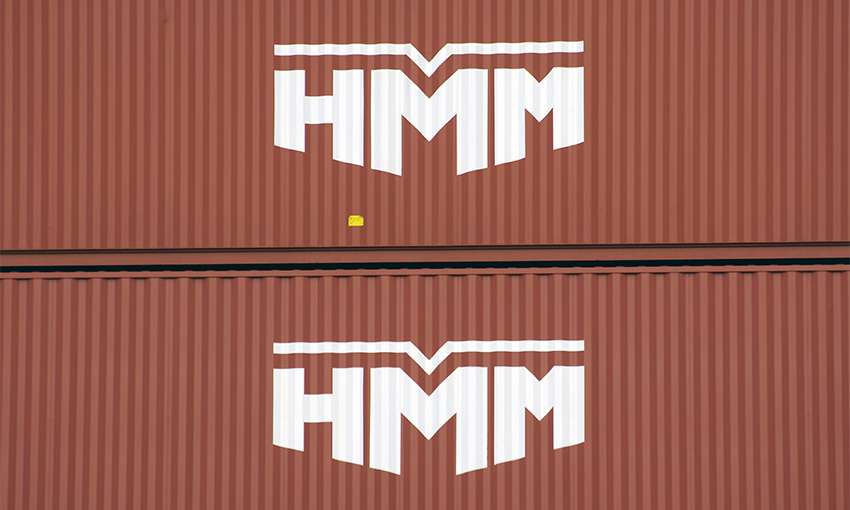FREIGHT forwarder DSV has outlined its latest financial results against the backdrop of supply chain disruptions caused by COVID-19 lockdowns and the conflict in Ukraine.
DSV reported strong first-quarter results for 2022, with high productivity across its air and sea, road and solutions divisions.
Gross profit grew 61% in the first quarter, supported by DSV’s recent acquisition of Agility’s Global Integrated Logistics (GIL) business. The acquisition closed in August last year.
The group said it achieved a gross profit of DKK 12,877 million (around $2636 million) for the first three months of 2022, compared to DKK 7785 million (around $1592 million) for the same period last year.
DSV said performance in its solutions division was “outstanding” in the first quarter, reporting an EBIT growth of close to 200%.
The air and sea division reported an EBIT growth of 109%, and the road division reported a 24% EBIT growth compared to the same period last year.
Group CEO Jens Bjørn Andersen described the latest figures as “a strong set of results”, with earnings growth across all divisions and a strong cash flow.
He said DSV is tracking plans for the GIL integration and are on track for completion in the third quarter of 2022.
“The markets continue to be impacted by tight capacity and congestion, and in March we saw the return of COVID-19 lockdowns in China – a reminder to us all that the pandemic is still not over,” Mr Andersen said.
Despite global economic uncertainty, DSV said it expects continued disruptions of global supply chains would support a high demand for its services.
In addition to the challenges created by the pandemic and lockdowns, the company considered the impacts of the situation in Ukraine. DSV has subsidiaries in Ukraine, Russia and Belarus.
“DSV shipments to and from Russia and Belarus have stopped, except certain humanitarian shipments, and we are in the process of divesting and exiting our activities in Russia,” Mr Andersen said.
“The direct financial impact is not material as the combined revenue in Ukraine, Russia and Belarus represents less than 1% of the group’s revenue.
“Still, the situation has impacted the markets negatively in several ways, especially for air and road transports, and we continue to do our best to find capacity and alternative solutions for our customers.”
DSV said the situation in Ukraine and the sanctions imposed in response by the EU, US, UK and others against Russia have impacted the transport markets in several areas.
According to the company, the closure of Russian airspace has reduced available air freight capacity between Asia and Europe due to longer flight time and sanctions against Russian airlines.
And, in Europe, Ukrainian truck drivers have reportedly returned to their home country, which has contributed to tighter capacity for road freight.
DSV said it has been able to find capacity and alternative solutions in both scenarios.





